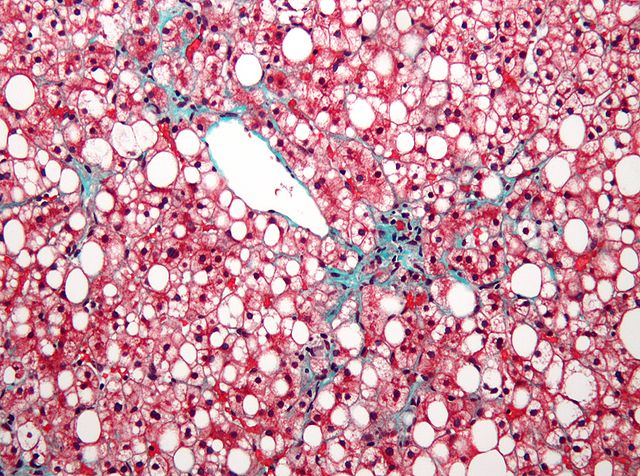Washington, DC � August 2002 - A substance derived from dogfish sharks suppresses appetite and decreases body weight in rodents, making it a potential new, safe anti-obesity treatment, according to research conducted at Georgetown University and the University of Pennsylvania Schools of Medicine. The results of this study are published in the July issue of the journal Diabetes.
The researchers tested MSI-1436--a natural compound derived from cholesterol obtained from the liver of dogfish sharks--on normal and obese mice and rats. "Our findings were striking," said Michael Zasloff, Dean of research and translational science at Georgetown and the senior author of this article. "The mice receiving the MSI-1436 ate less and lost weight. But the really remarkable thing was that they lost fat instead of muscle, and they experienced no decrease in their metabolism."
Many diets are unsuccessful because when people eat less, their bodies compensate for the reduced caloric intake by slowing metabolism; these people also tend to lose muscle and not fat, Zasloff said, adding that MSI-1436 could potentially counter these limitations. In previous studies, MSI-1436 was shown to correct Type II diabetes in animals with both the genetic and dietary forms of obesity.
MSI-1436 was discovered unintentionally, when the researchers were studying the dogfish shark liver during a search for naturally occuring antibiotics. It is a chemical related to squalamine, which also comes from the dogfish liver and is currently in clinical trials as a cancer treatment. Squalamine, also discovered by Zasloff, belongs to a previously unknown, completely new class of chemicals.
The researchers initially thought that MSI-1436 could be an effective treatment for HIV because it stopped the reproduction of the virus in the lab. However, when the researchers tested it in animals they discovered that it caused them to stop eating and therefore could not be used safely as an HIV treatment. It was then that the researchers realized its potential as an anti-obesity treatment.
Continue Reading Below ↓↓↓
"It is likely that new drugs will be required to treat obesity in people for whom diet and exercise have proved ineffective," said Rexford Ahima, MD, of the University of Pennsylvania School of Medicine and the principal author of this paper. "All of the currently approved anti-obesity treatments have very serious side effects, making them useful only for the morbidly obese."
Phase I trials of MSI-1436 are expected to begin sometime next year, Ahima said. Phase I trials usually involve only a small number of patients, and give an early indication of the treatment's safety and potential effectiveness.
Notes: This study was funded by the National Institutes of Health. Georgetown University Medical Center includes the School of Medicine, School of Nursing & Health Studies, and a $120 million biomedical research enterprise.
Source: Georgetown University Medical Center











